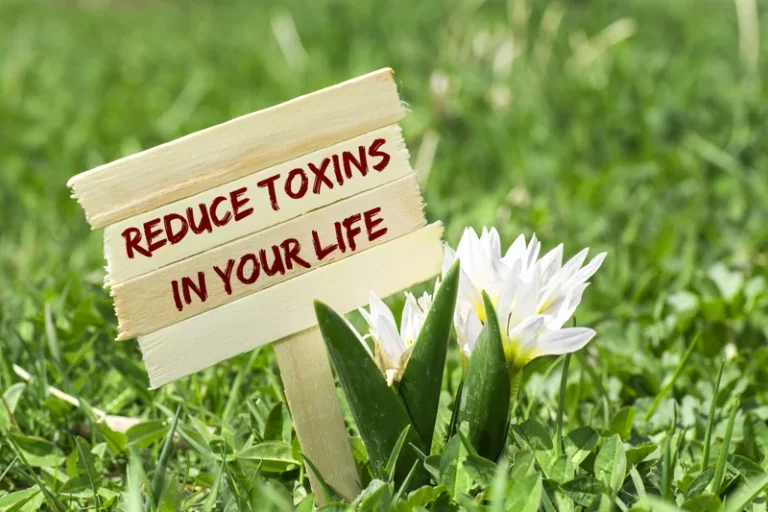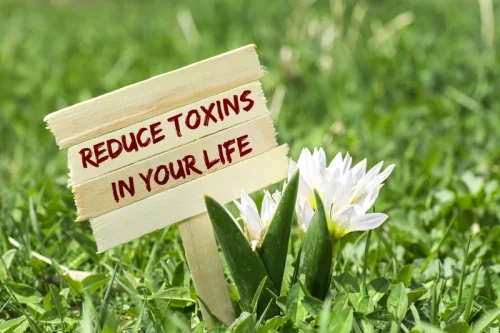
Therefore, proactive prevention and early treatment are key components in reducing MDMA addiction and withdrawal occurrences. Chronic users may experience cognitive deficits, including problems with memory, attention, and impulsivity, as well as emotional disturbances like anxiety and depression. Notably, these effects can linger well beyond the period of active drug use. The integration of these therapeutic interventions can significantly aid individuals undergoing MDMA withdrawal.
Causes of Ecstasy Withdrawal
The right diet can help repair any damage incurred following sustained drug use and lead to improved immunity, cognitive function, and energy. Nutritionists or doctors can provide tailored food plans specific to addiction recovery. This kind of therapy is useful for people who have been addicted to ecstasy, especially those who have underlying conditions such as anxiety or depression.
Primary Care – Residential Treatment
- When the drug is abruptly removed from the equation, the brain struggles to regain its equilibrium, triggering a cascade of withdrawal symptoms.
- When individuals addicted to MDMA stop using the drug, they often experience withdrawal symptoms due to the brain’s reliance on MDMA to regulate mood and emotional responses.
- Experiencing these symptoms on top of a mental health disorder is never easy, making it vital that you are under the care of an inpatient rehab program.
- Additionally, these symptoms can be exacerbated by MDMA often being cut with other substances.
- You will also find information about how to identify MDMA withdrawal symptoms, and whether treatment for ecstasy withdrawal is needed.
- The good news is that treatment for ecstasy addiction is readily available.
Research has shown that MDMA exposure can lead to neurotoxic effects on both serotonin and dopamine neurons. However, cognitive impairments and psychological disturbances have been reported. There are few case reports of alprazolam causing neonatal withdrawal syndrome and mild drowsiness in nursing infants (Iqbal et al., 2002). Alprazolam and its 2 hydroxylated metabolites are known to cross the placenta.

Table of Contents
MDMA withdrawal is somewhat unique in that the psychological effects are more dangerous than the physical withdrawal symptoms. People overwhelmed with depression and hopelessness can act out in life-threatening ways, including returning to substance abuse or self-harm. Because it is so common to mix it with other drugs and alcohol, researchers have had difficulties understanding the scope of ecstasy addiction, as it usually occurs with other substance use disorders or co-occurring conditions.
- These facilities usually provide 24-hour medical support and are often led by a team of counselors, clinicians, and doctors.
- During withdrawal, users typically experience the opposite of what they felt while high, like depression and anxiety.
- Users may also experience withdrawal symptoms if they are without the drug for a period of time.
- The doctor may prescribe medications, such as antidepressants, to help with some of the psychological symptoms of withdrawal.
MDMA and the developing brain
Doctors and nurses will monitor your vital signs to ensure you are tolerating withdrawal. You might receive treatments like IV fluids, blood pressure medications, and more. Yes, stopping MDMA suddenly can cause severe anxiety, depression, and intense cravings. Your family learns how to support your recovery and improve communication.

If you or someone you know needs help quitting, consider reaching out today. Amphetamine-derived drugs, such as ecstasy, affect the release of neurotransmitters, e.g., dopamine, serotonin, and noradrenaline. Detoxing from ecstasy can be painful, preventing the user from seeking help. However, getting detox help for ecstasy or MDMA withdrawal pains is the best path to lifelong recovery. Ecstasy use can also be deadly, causing the user to be unable to control body temperature.
Treatment Plan for Ecstasy Withdrawal During Detox

A medical detox program provides a controlled, safe environment where individuals can withdraw from MDMA under the supervision of addiction medicine professionals. This supervision is essential due to the unpredictable nature of withdrawal symptoms. Additionally, these symptoms can be exacerbated by MDMA often being cut with other substances. Understanding the timeline and symptoms of MDMA withdrawal is crucial for those seeking to recover from MDMA use.
- It depends on the person taking it and if they’re using other substances with molly.
- Rehab facilities that offer dual diagnosis are often staffed with psychiatrists or clinical therapists that can diagnose and/or treat co-occurring mental health conditions.
- These programs create individualized treatment plans based on each patient’s specific needs.
- Stress management techniques like relaxation techniques can reduce relapse risk.
- It is important to seek professional help if you are experiencing any of these psychological effects while trying to quit using MDMA.
- The effects of MDMA withdrawal can produce overwhelming depression and anxiety that impacts users long after the drug physically leaves their system.

Get professional help from an online addiction and mental health counselor from BetterHelp. Through guided therapy, patients learn about issues connected to addiction and relapse. These sessions are designed to promote self-esteem and self-worth while the patient and therapist work together to reinforce positive behavioral changes. Standard outpatient programs are suited to individuals who have just completed an inpatient program and want to continue some how long does mdma stay in body form of therapy. Standard outpatient is also ideal for people who may be juggling other responsibilities such as work or school.
American Addiction Centers (AAC) is committed to delivering original, truthful, accurate, unbiased, and medically current information. We strive to create content that is clear, concise, and easy to understand. Call a compassionate admissions navigator to verify your insurance and learn more about treatment options at American Addiction Centers (AAC).
